For only the second time in Victoria’s history, but the second time in a year, premier Dan Andrews has declared a state of disaster. As Oscar Wilde might have said, to declare one state of disaster may be regarded as a misfortune; to declare two looks like carelessness. Perhaps it should be the new slogan on the state’s licence plates. It does seem to be becoming a habit.
This is a Dan-made disaster. Not only did his government fail to ensure that infected travellers remained in quarantine until they were cured, but it failed to ensure that infected Victorians, and people just waiting for test results, stayed in their homes. Yet instead of ensuring these people isolate — either by putting them in hotel quarantine, with proper guards, making them wear tracking bracelets, or imposing hefty fines — the premier’s plan is to put almost all Melburnians under house arrest, with an hour out for exercise, in a mandatory mask, and a solitary trip to purchase toilet paper, if there’s any left on the shelves. Not even Bunnings, with its cheery chimeras of home renovation and garden make-overs, will be open. It is heartbreaking, says Dan, it will cost billions, but, he claims, there is no alternative. Really?
Imagine if there was a Covid cure that cut the mortality rate of even the sickest patients by 50 per cent, was so safe that it was already being used in aged-care homes to treat nothing more threatening than scabies and cost next to nothing. Actually, there is. And its efficacy was discovered by a Victorian.
On 3 April, Dr Kylie Wagstaff, working at the Monash University Biomedicine Discovery Institute, with a team from the Peter Doherty Institute of Infection and Immunity, the University of Melbourne and the Royal Melbourne Hospital, announced that the anti-parasitic drug ivermectin kills the Sars-2 virus in a petri dish within 48 hours.
Ivermectin is already considered a wonder drug. In 2015, William Campbell and Satoshi Omura shared the Nobel Prize in Physiology or Medicine for its discovery, which has transformed the lives of millions of people in Africa, Asia and Latin America, since its introduction in 1987 to treat a range of parasite infections from head lice to river blindness.
In America, it took only 48 hours after Wagstaff’s announcement for doctors to start using the drug, off-label, and saving lives. Dr Juliana Cepelowicz, a pulmonologist in Florida, had already wondered whether ivermectin might be useful in the treatment of Covid-19 because of its antiviral properties seen in the treatment of viruses such as Zika, dengue and Chikungunya. She read Wagstaff’s paper, showed it to her husband, Dr Jean Jacques Rajter — ‘Nothing like bedroom literature,’ he joked — and they pioneered the use of the drug in Broward County Medical Centre, with extraordinary results. Wagstaff had not established the effective dose for Covid, so Rajter used the dose for other treatments and mortality dropped by 48 per cent; even in patients on high-flow oxygen or already intubated, the mortality dropped from 81 per cent to 39 per cent.
The results everywhere have been extremely encouraging, Wagstaff says. Dr Tarek Alam of the Bangladesh Medical Centre used ivermectin and the antibiotic doxycycline to treat over 400 patients and 98 per cent were cured within 4 to 14 days. In another study Chinese and Bangladeshi researchers trialled the same two drugs on mild to moderate Covid-19 patients and compared them to hydroxychloroquine and azithromycin; both were effective but the ivermectin combo was marginally better. In the Dominican Republic, the largest private health network treated 1,300 patients with ivermectin of which 99 per cent were cured and the average duration of infection was more than halved from 21 days to 10 days.
Since Wagstaff’s announcement, 33 clinical trials have commenced in Argentina, Egypt, Iraq, Italy, Israel, Mexico, Colombia, Bangladesh, Pakistan, Spain, India, Thailand, Brazil, Singapore, the US, but not a single one in Australia. Wagstaff has raised the money for a randomised, controlled, double blind trial — the gold standard of proof in medical research — from the Leona and Harry Helmsley Charitable Trust, in New York, but understaffed and overworked, she is still weeks to months away from being ready to start recruiting patients.
Like hydroxychloroquine, ivermectin is on the WHO’s list of essential medicines yet there is a strange lack of any intellectual curiosity on the part of the pharma-government-academia industrial complex, editorialises Trial Site News, a digital media site dedicated to unbiased coverage of clinical research trials. President Trump has talked about developing Covid drugs and vaccines at warp speed but while its full steam ahead for patented vaccines, he has not been able to blast through the roadblocks off-patent drugs face. Rajter said that just getting the results of his ground-breaking study published has been a battle because major pharmaceutical companies will lose a lot of money if ivermectin becomes the standard of care.
Exacerbating the damage done by the cosy relationship between pharmaceutical companies, major academic medical centres and regulators, social media giants have become the self-appointed censors of this establishment elite. CEO Susan Wojcicki says YouTube takes down anything that is ‘medically unsubstantiated’ or goes against the recommendations of the WHO. Twitter and Facebook have followed suit. Videos made by doctors and scientists discussing the research on ivermectin and hydroxychloroquine have been taken town. Even videos on vitamin D — whose major source is sunshine — were censored. Yet Fiona Mitchell wrote in the Lancet that a growing body of evidence links Covid-19 mortality with vitamin D deficiency. Professor Rose Anne Kenny of Trinity College Dublin says public health bodies should be recommending the entire population take vitamin D supplements during the pandemic and it should be given to all aged care residents unless there is an extremely good reason not to do so.
When Wagstaff made her dramatic announcement on 3 April, only 28 Australians had died of Covid. Now, 232 have died. The vulnerability of older Australians is stark — only 9 of those who died were under 60. Worse, there are 1,435 active cases connected to aged care facilities. Without ivermectin, these people are in mortal danger. In NSW, almost 50 per cent of infected age care patients died.
Andrews has shattered Australia’s Covid complacency but there are still only 483 people in hospital and 44 in ICU. Instead of making Melbourne a modern penal colony, policed by corona commissars, we should use our very own wonder drug to get out of jail and save lives and the economy. If we do that, thanks to Dr Wagstaff, Victoria might once more be, as licence plates boast, The Place to Be.
Got something to add? Join the discussion and comment below.
Get 10 issues for just $10
Subscribe to The Spectator Australia today for the next 10 magazine issues, plus full online access, for just $10.
You might disagree with half of it, but you’ll enjoy reading all of it. Try your first month for free, then just $2 a week for the remainder of your first year.

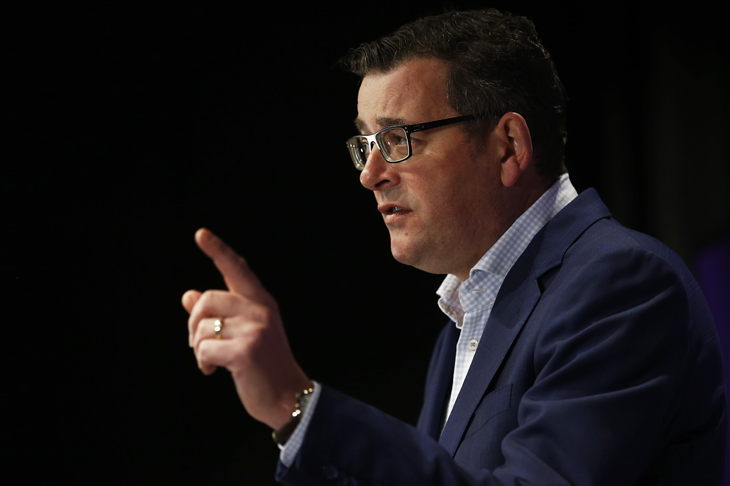
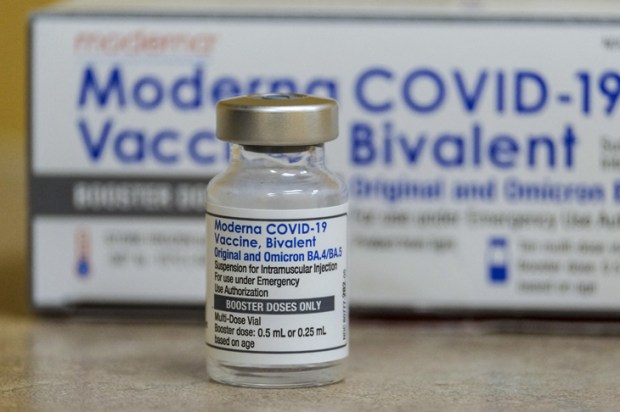

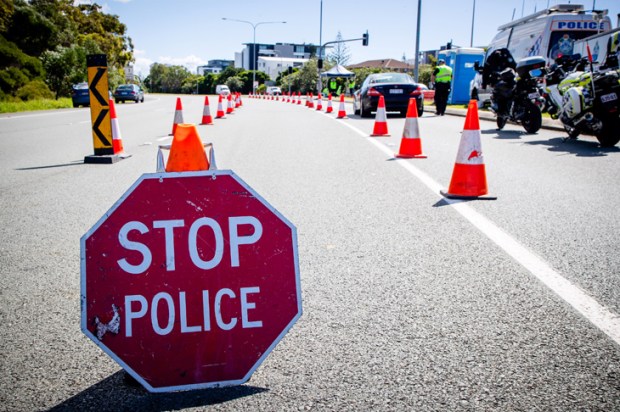

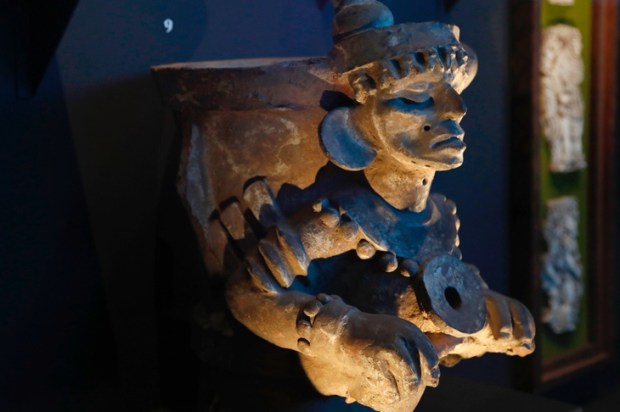
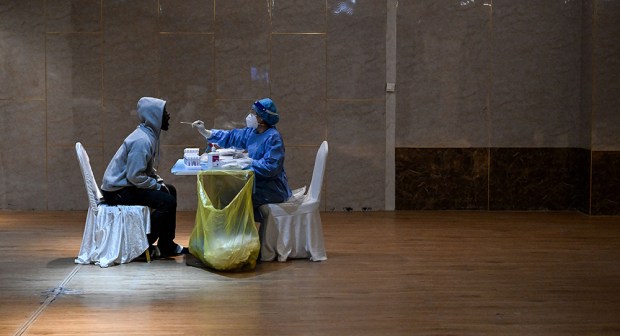






Comments
Don't miss out
Join the conversation with other Spectator Australia readers. Subscribe to leave a comment.
SUBSCRIBEAlready a subscriber? Log in